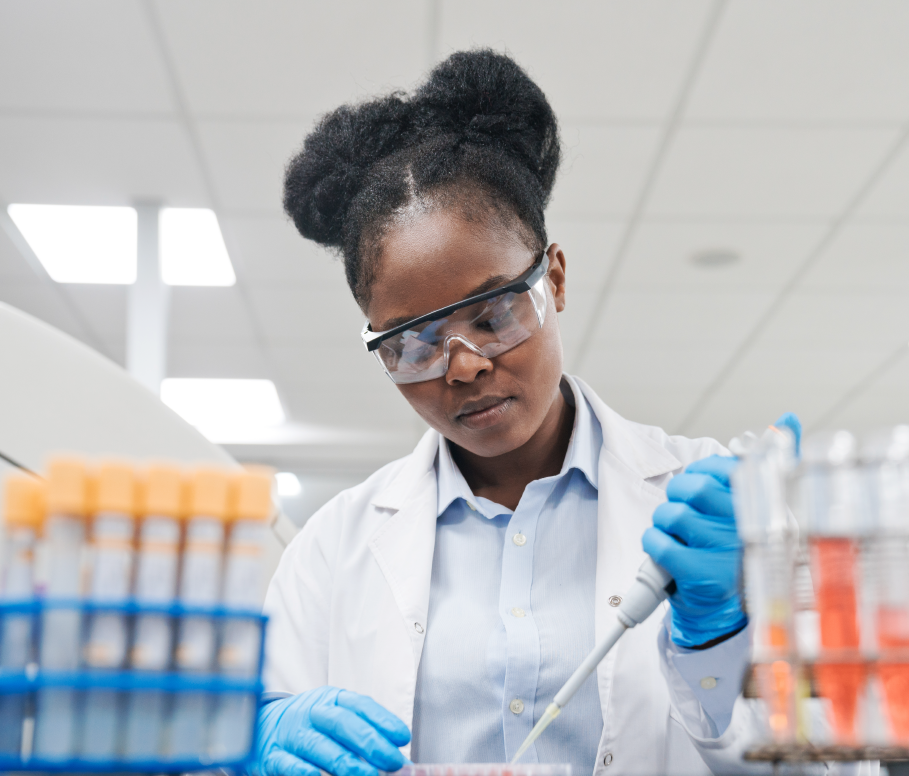As we enter 2024, world leaders remain focused on preparing for future health challenges. The upcoming meetings of the World Health Organization (WHO) Executive Board and the Intergovernmental Negotiating Body stand as key milestones in forging strategies for what lies ahead. To ensure we are prepared to effectively manage future global health threats, three crucial areas warrant attention:
Collaboration and Partnerships: A recent report by the WHO Executive Board’s Standing Committee on Health Emergency Prevention, Preparedness and Response highlighted 42 emergencies being managed by WHO, which range from infectious diseases to natural disasters and humanitarian emergencies, underscoring diverse threats to global health and security. We must learn from the COVID-19 pandemic, which demonstrated the power of public-private partnerships in crisis response. Such collaborations expedited the development of vaccines and effective treatments, novel manufacturing and distribution technologies, enhanced global access to life-saving innovations and improved health outcomes. Intellectual property (IP) rights are critical in fostering and protecting both the partnerships and resulting innovation needed to address challenges like a pandemic.
Fostering New Ideas: Powered by IP, innovators were able to successfully alter the trajectory of the COVID-19 pandemic. The rapid development of revolutionary vaccines and treatments, alongside advancements in personal protective equipment (PPE) and public health strategies, revolutionized global public health management. This period of intense innovation was made possible by the essential role of a supportive atmosphere, that not only fosters continuous ingenuity, but also ensures that such transformative advancements remain at the forefront of pandemic response strategies.
- Supporting the Framework to Innovate: IP rights play a crucial role in fostering innovation and enabling collaboration. Tools such as voluntary licensing, and patent pools which facilitate same, provide innovators with incentives to collaborate and develop groundbreaking solutions. These mechanisms foster knowledge sharing and encourage investment in research and development. As global leaders work on the WHO Pandemic Accord, nurturing innovation while fostering collaboration remains crucial. Proposals that undermine this hinder our ability to respond to future health crises effectively.
As leaders engage in these pivotal discussions and negotiations, their focus must be centered on mechanisms with a proven track record in enhancing innovation and collaboration. It is imperative to steer clear of proposals that may hinder these key aspects. The COVID-19 pandemic provided invaluable lessons, and ensuring that these lessons guide future policies and agreements on pandemic preparedness and prevention will be crucial in preparing for and managing the next major global health threat.
As leaders engage in these pivotal discussions and negotiations, their focus must be centered on mechanisms with a proven track record in enhancing innovation and collaboration.


